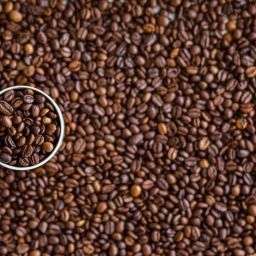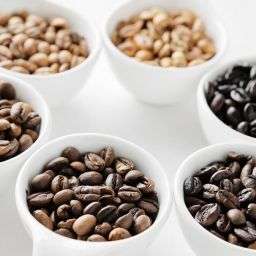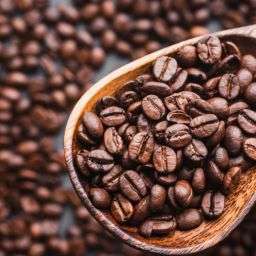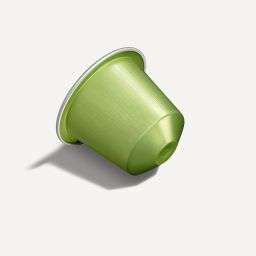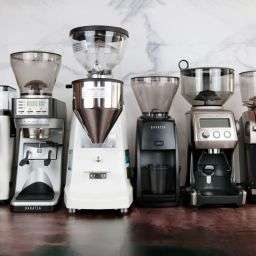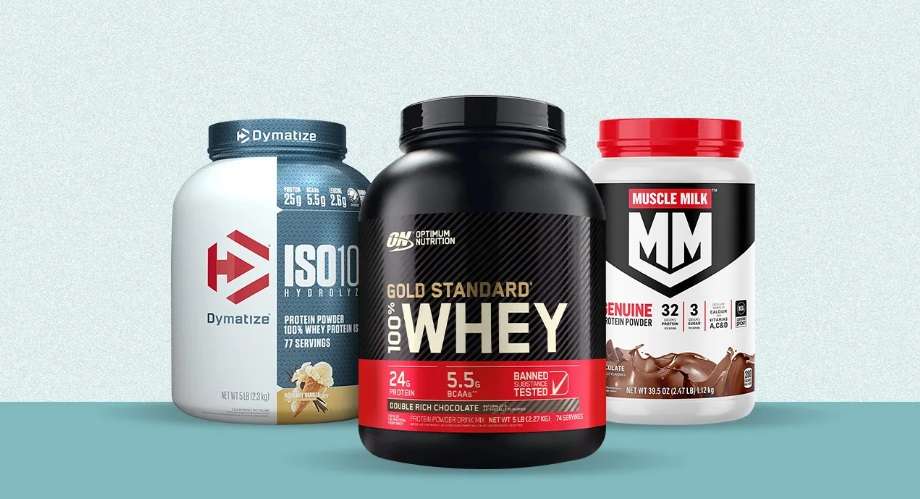
In the quest for weight loss and optimal health, protein powder has emerged as a key ally. Not just any protein powder, though—the spotlight is increasingly on coffee-flavored variants. These unique blends offer more than just muscle support; they incorporate the beloved taste of coffee, making your fitness journey both enjoyable and effective. Coffee protein powder combines the muscle-repairing benefits of protein with the energizing effects of caffeine, crafting a perfect duo for those looking to shed pounds without sacrificing taste or energy levels.
Coffee protein powder stands out in the weight loss arena for several compelling reasons. First, it helps in satiating hunger, thanks to protein’s role in making us feel full longer, thereby reducing overall calorie intake. Furthermore, it aids in muscle recovery after workouts, ensuring that your body rebuilds stronger.
Not to be overlooked, the metabolism-boosting effects of caffeine can accelerate your weight loss efforts by increasing the number of calories your body burns throughout the day. It’s a power-packed combination that supports your health goals from multiple angles.
Key Takeaways
When considering coffee protein powder for weight loss, keep these benefits and considerations in mind:
- Protein Quality and Source: High-quality protein supports muscle repair and growth. Look for powders that provide complete protein sources, including all essential amino acids.
- Impact of Caffeine on Metabolism: Caffeine can boost metabolism and enhance fat burning. This makes coffee protein powders a great choice for those looking to increase their energy expenditure.
- Considerations for Sensitivities: If you’re sensitive to dairy or artificial sweeteners, many brands offer alternatives that cater to these dietary restrictions, ensuring you don’t have to compromise on your health needs.
- Budget-friendly Options: There’s a coffee protein powder for every budget. Don’t assume the most expensive option is the best; many affordable brands offer high-quality, effective products.
- Vegan and Plant-based Alternatives: For those following a vegan or plant-based diet, there are numerous options available that use protein sources like pea, hemp, or rice, combined with the delicious taste of coffee.
Types of Coffee Protein Powders
When diving into the world of coffee-flavored protein powders, you’ll find three main types: whey, vegan, and plant-based. Each has its unique benefits and potential drawbacks, catering to different dietary needs and preferences.
Whey Protein: Whey is popular for its high-quality protein that supports muscle repair and growth. Coffee-flavored whey protein powders are ideal for those looking for quick absorption and a boost in recovery post-workout. However, they may not be suitable for individuals with lactose intolerance or dairy sensitivities.
Vegan Protein: Vegan options often derive their protein from sources like pea, rice, or hemp. These powders are fantastic for those following a plant-based diet. They’re usually hypoallergenic and gentle on the stomach but may have a slightly different texture or taste compared to whey protein.
Plant-based Blends: These powders combine multiple plant sources to create a complete protein profile, ensuring you get all essential amino acids. They’re versatile, environmentally friendly, and cater to a wide range of dietary restrictions. The main drawback could be the price, as these blends can be more expensive than single-source proteins.
Top Picks for Coffee Protein Powder
Let’s explore some of the best coffee protein powders out there, each bringing something special to the table for those focused on weight loss.
Dymatize Iso 100 Dunkin’: This protein powder is a hit for those who love Dunkin’ coffee. With a high protein content and low carbs, it’s perfect for muscle recovery without adding unnecessary calories. Plus, it tastes just like your morning Dunkin’ brew.
Vega Sport Mocha: Vega Sport Mocha is a standout for vegans seeking a high-protein, low-calorie option. With 30g of protein per serving and added recovery aids like tart cherry, it’s as nutritious as it is delicious.
Optimum Nutrition Gold Standard Whey Mocha Cappuccino: A favorite among fitness enthusiasts, this option combines the rich taste of mocha cappuccino with the muscle-building power of whey protein. It’s affordable and effective, making it a great all-rounder.
Isopure Whey Protein With Coffee: Isopure’s coffee variant is low in carbs and high in protein, making it an excellent choice for those on a ketogenic diet or anyone looking to lose weight while maintaining muscle mass.
Garden of Life Raw Organic Fit Coffee Protein Powder: For those seeking an organic option, Garden of Life offers a coffee protein powder that’s both weight-loss-friendly and packed with probiotics for digestive health.
How to Choose the Right Coffee Protein Powder
When selecting a coffee protein powder, consider the following factors to find your perfect match:
- Protein Content: Look for powders with at least 20-30 grams of protein per serving to support muscle repair and growth.
- Sugar Content: Opt for low-sugar options. High sugar content can counteract your weight loss efforts.
- Artificial Sweeteners: Be mindful of artificial sweeteners if you’re sensitive to them. Natural sweeteners like stevia can be a healthier choice.
- Price: Don’t assume the most expensive option is the best. There are high-quality, budget-friendly options available.
How to Use Coffee Protein Powder for Weight Loss
To leverage coffee protein powder for weight loss:
- Morning Boost: Replace your regular breakfast with a coffee protein shake to kickstart your metabolism and keep you satiated.
- Pre or Post-Workout: Consume it before or after workouts to fuel your body and aid muscle recovery.
- Snack Replacement: Use it as a snack replacement to curb hunger and avoid unhealthy snacking.
FAQs
- Can coffee protein powder really help with weight loss? Yes, by promoting satiety, aiding muscle recovery, and boosting metabolism, coffee protein powder can support weight loss efforts.
- How much coffee protein powder should I consume daily? It depends on your dietary needs, but generally, 1-2 scoops (20-40 grams of protein) are recommended. Adjust based on your total daily protein requirement.
- Can I use coffee protein powder as a meal replacement? Yes, but ensure it contains a balance of nutrients or complement it with other foods to meet your dietary needs.
Final Thoughts
Coffee protein powder can be a powerful tool in your weight loss arsenal, combining the benefits of protein and caffeine. Choosing the right product based on protein content, sugar, artificial sweeteners, and price, along with smart incorporation into your diet, can significantly enhance your weight loss journey. Remember, the best choice is the one that aligns with your dietary preferences, health goals, and lifestyle.


